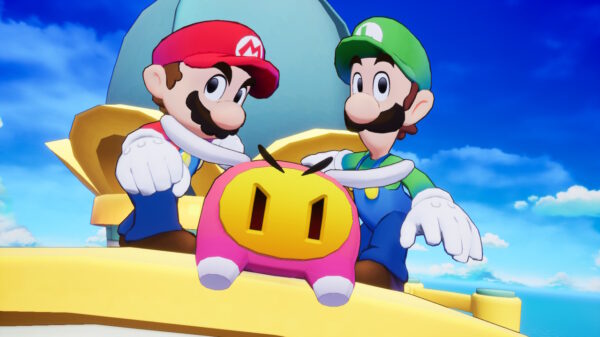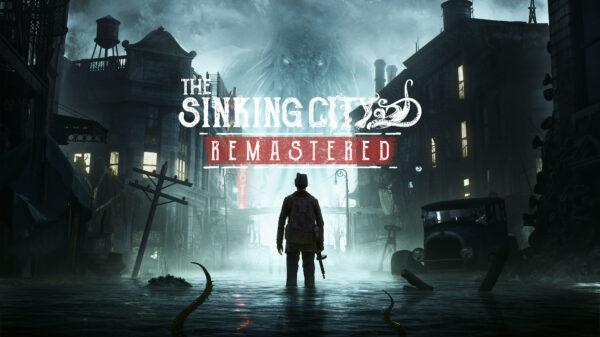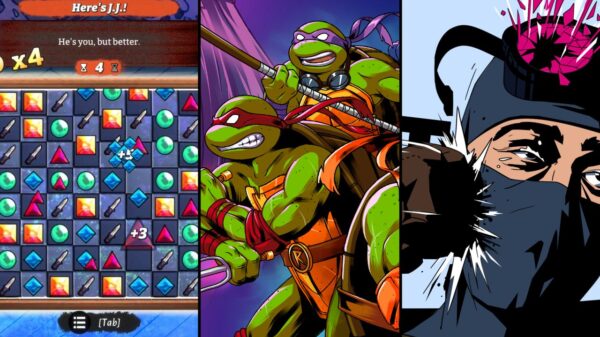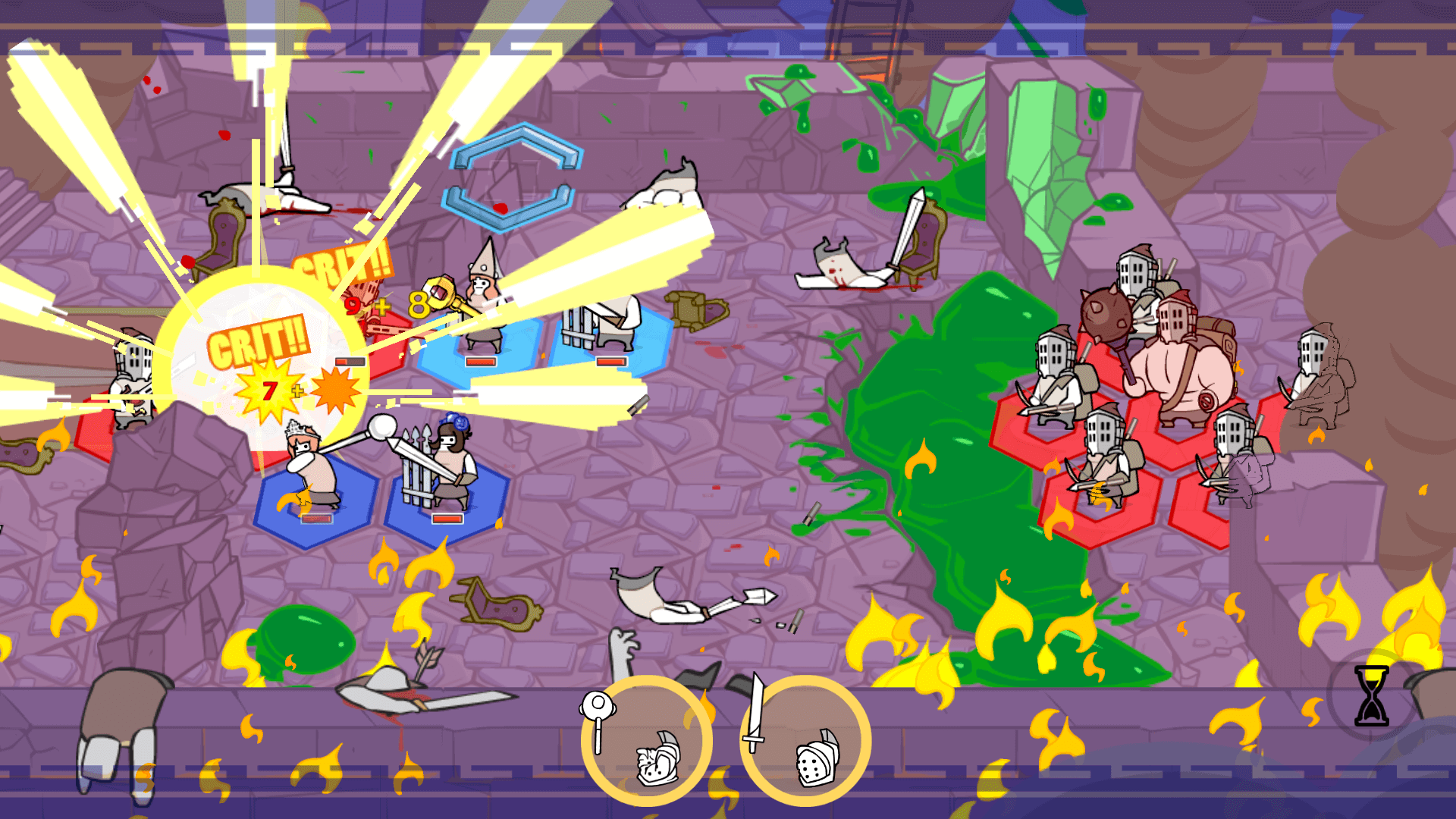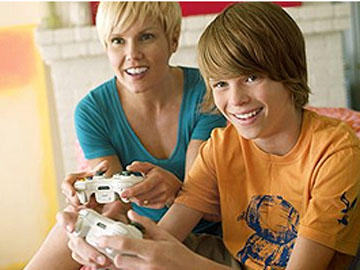 Gaming in the Media has always been generally negative, with all the old allegation from Jack Thompson, the Mass Effect sex scene and of course the effect gaming has on kids, gaming hasn’t exactly left a good impression, or so we thought. Microsoft’s ‘Play Smart, Play Safe’ study found out that a majority of parents are positive about video games.
Gaming in the Media has always been generally negative, with all the old allegation from Jack Thompson, the Mass Effect sex scene and of course the effect gaming has on kids, gaming hasn’t exactly left a good impression, or so we thought. Microsoft’s ‘Play Smart, Play Safe’ study found out that a majority of parents are positive about video games.
61% state that games are a great social experience, 52% feel video games bring their families together and 80% see gaming as a vital component in a balanced blend of modern and traditional entertainment.
The study uncovers the differing views of parents and children when it comes to attitudes to safe gaming, and reveals that while parental awareness of children’s gaming safety is high, understanding and implementation of parental controls is more limited, though growing.
Since last year’s report there has been a significant rise in the percentage of parents who claim to be familiar with parental control tools. 73% of UK parents are aware of parental controls on game consoles, operating systems to control their child’s access and age and content ratings on games themselves, an increase of 13% on last year’s study where only 60% of parents claimed to be sufficiently informed in this area.
94% of UK parents feel personally responsible for checking the age rating of the games that their children play, reflecting similar levels of awareness to traditional forms of entertainment such as film, television and music, with 90% of parents monitoring consumption of these established entertainment channels.
Encouragingly, 69% of children want their parents to be more involved in checking the games they play are appropriate, yet almost half of kids (47%) state their parents are not vigilant enough and do so “never†or “not enoughâ€. Indeed, 64% of parents claim to “sometimes allow†their children to play games rated higher than their age range.
Unsurprisingly, children’s awareness of parental controls is high. 96% are aware of gaming controls, while a further 92% are aware of age rating systems, compared to 60% of adults. As such, the majority (73%) of children would turn to a friend as their first port of call for information on games and safe gaming, with 23% claiming that they would contact a parent.
With 81% of UK children playing offline games, and 76% playing online games at least once a week, parents are in little doubt as to the vital role video games play in the entertainment and development of their children, indeed, 74% of parents believe that gaming is educational.
Such findings support the statements recently issued in a report from the European Parliament’s Internal Market Committee, which confirms that video games have a “broadly beneficial effect on the mental development of childrenâ€, and that “video games do not only have a recreational value, but can also be used for educational and medical purposesâ€.
A key concern of parents is their children’s online engagement with other gamers. A third of parents admit to knowing little about who their child interacts with, while 42% are concerned that their children engage with others older than them. Contrastingly, the majority of children feel completely safe and secure when playing games – 95% claim they have not encountered anything that has worried or frightened them whilst gaming.































